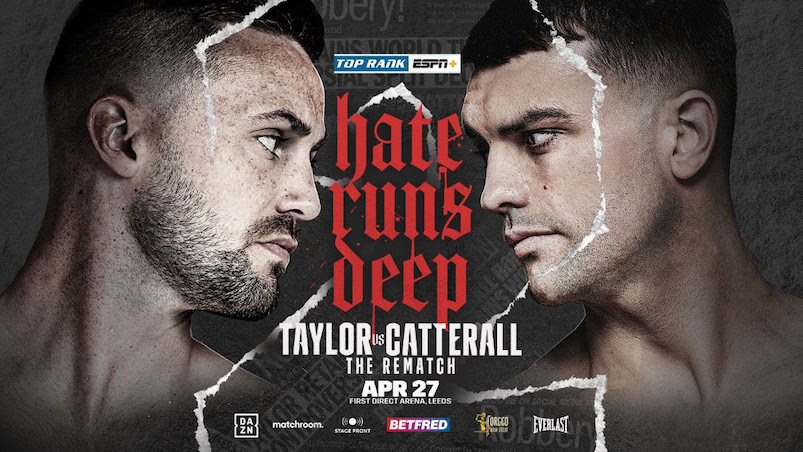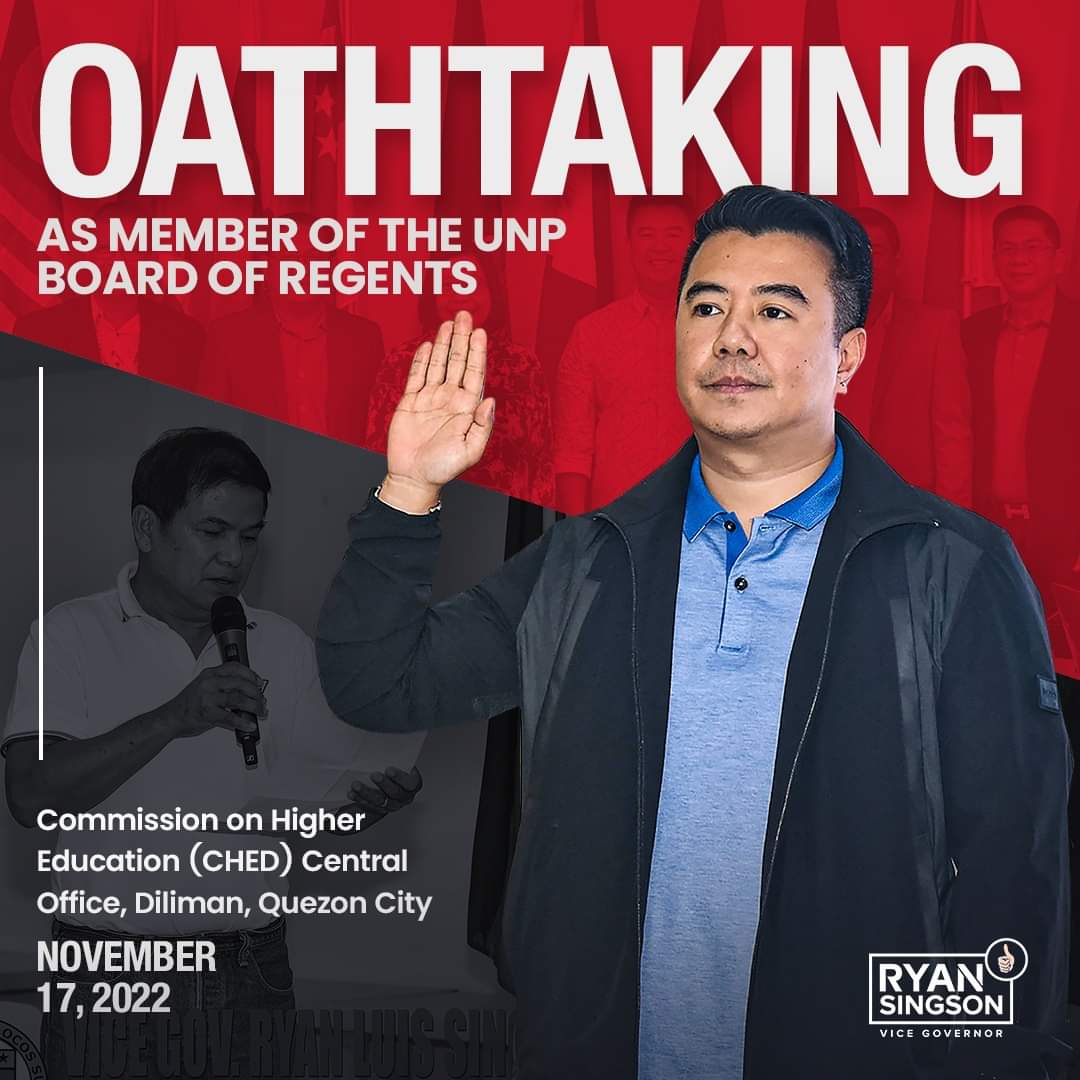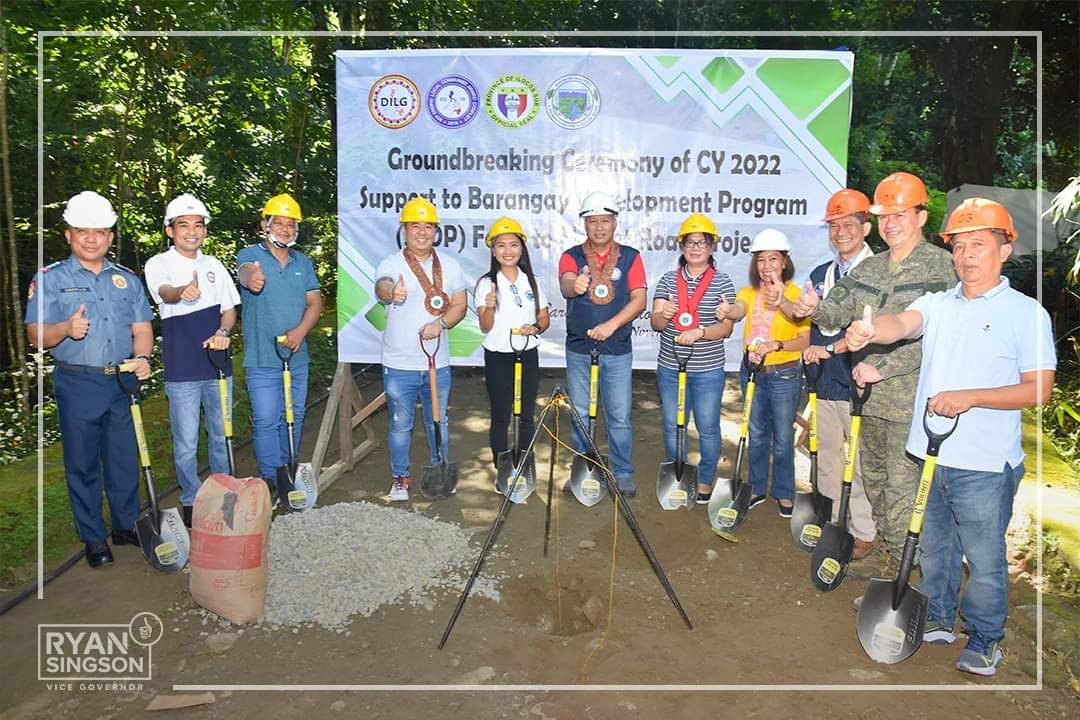On Thursday, Dwyane Wade appeared during an ESPN town hall about gun violence and athletes’ roles in helping to solve the issue. The town hall was held in Chicago, the American metropolis most heavily stricken by gun violence, Wade’s hometown and the town to which Wade has returned as a Bull.
In his introductory press conference after signing with the Bulls, Wade discussed his responsibility to use his blessings for good. Last Thursday’s appearance was a continuation of a conversation at the ESPYs, when he and three superstar friends shared a message of responsibility with fellow athletes.
On Friday, Nykea Aldridge, a 32-year-old mother of four pushing her baby in a stroller down a Chicago street while heading to register her children for school, was killed by errant bullets. Ms. Aldridge is Wade’s cousin.
This is Dwyane Wade’s tragedy. He made it out. He has the luxury of choosing where to live, where to send his sons to school, where to work. But he can’t extend the protection his considerable wealth has provided him to all those he loves. He left the South Side all those years ago, but he can never really escape.
In truth, he shouldn’t have to. In a nation of our wealth, supposedly built on the ideals of equality and justice, liberty and opportunity, there should not be stories every summer Monday on how many people were gunned down in Chicago this weekend. (Ten dead, 57 wounded, by the way.) This should not be happening.
Why is it happening? That knot is complicated, and I am not qualified to unravel it. But the leading academics cite decades of federally condoned housing discrimination as a driving factor for creating the Chicago we know. These practices cut off wealth and functioning public services to largely African-American neighborhoods, creating deep generational poverty while making it nearly impossible for residents to improve their means. The Nykea Aldridges — and the children of the Nykea Aldridges, and those who love the Nykea Aldridges — are the innocent victims of that legacy. Redlining may no longer be the official policy of the United States of America, but its effects reverberate every minute of every day.
Dwyane Wade made it out, but the tragedy follows him. That’s why escape routes aren’t enough: we cannot as a country give up on entire communities. Wade and Carmelo Anthony (who marched in the Freddie Gray protests and has continued to lead on these issues) and Derrick Rose (who donated $1 million to a Chicago after-school program) and LeBron James (who is making a promise to give every Akron kid a ticket to college) and Chris Paul (who lost his beloved grandfather to gun violence) know that, and that’s why they are engaged in building bridges within the community instead of escape routes out. Joakim Noah, Rose’s friend and peer, grew up a privileged life in New York City, the son of a tennis star. That doesn’t stop him from helping with his money, his time, his platform.
Opportunity shouldn’t stop any of us from helping prevent the next tragedy, from doing our part to end the cycle. This is why Melo’s summer campaign has been heroic and why Rose’s legacy in Chicago stretches beyond his on-court performance.
In light of the pitched battle over Colin Kaepernick’s critique of America, the brilliant Marcus Thompson II asked the most important question of all: What are you doing to help? Tragedy befalls Dwyane Wade still, 16 years after he first left Chicago. When he gets political now and during the NBA season, this is why. He can never escape the tragedy, and he shouldn’t have to escape home.
Kaepernick is learning the cost of taking a stand. If Wade can help by using his platform to inspire just one more set of hands to work on the issues, then it is worth all the anger from the nation’s most prominent social injustice warriors it may bring.





